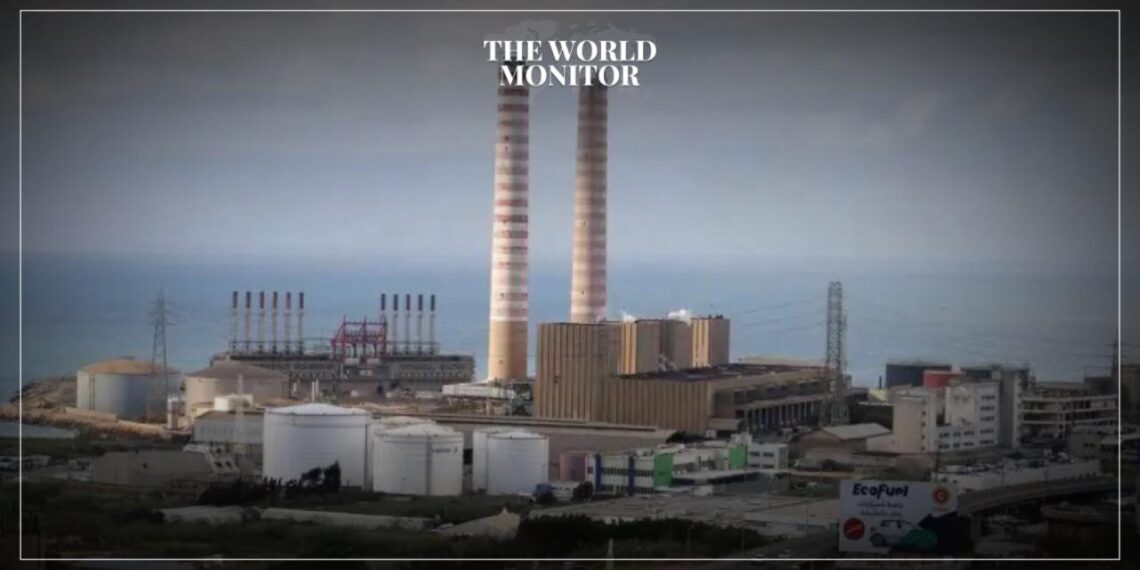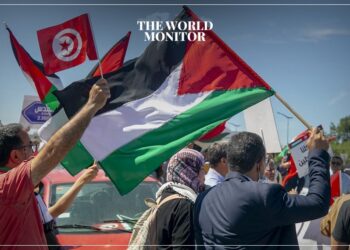Algeria’s President Abdelmadjid Tebboune has committed to providing Lebanon with an emergency shipment of natural gas to help alleviate the country’s ongoing electricity crisis.
The decision, aimed at restoring power to Lebanon’s struggling electricity grid, was conveyed during a phone call between Algerian Prime Minister Nadir Larbaoui and Lebanese Prime Minister Najib Mikati.
According to a statement broadcast on Algerian state television, the Algerian government will supply Lebanon with immediate quantities of fuel oil (known locally as “fioul”) to ensure the continued operation of its power plants.
This initiative comes as part of Algeria’s support for Lebanon during what is widely regarded as one of the most severe economic and energy crises the country has ever faced.
Lebanon has been grappling with an unprecedented economic collapse since 2019, which has severely impacted its ability to import essential goods, including fuel for power generation.
The nation’s electricity grid, once capable of providing near-continuous service, has been reduced to supplying only a few hours of power per day, leaving millions of residents in darkness and businesses struggling to function.
The energy crisis in Lebanon has been exacerbated by the country’s inability to secure adequate fuel supplies due to financial constraints and the collapse of its currency.
The lack of electricity has also disrupted essential services, including hospitals and water supply systems, further deepening the humanitarian crisis.
Algeria’s decision to send fuel to Lebanon is expected to provide a reprieve, allowing power plants to resume operations and partially restore electricity to critical sectors.
However, experts caution that this is only a short-term solution and that Lebanon requires substantial international assistance and structural reforms to address its energy woes sustainably.
Lebanon has previously relied on various international partners to meet its energy needs. In the past, countries like Iraq and Egypt have provided emergency fuel shipments to help stabilize the situation temporarily.
However, these measures have not been sufficient to overcome the deep-rooted issues plaguing the country’s energy sector, including corruption, mismanagement, and political paralysis.
Algeria’s move highlights the importance of regional solidarity in times of crisis, as Lebanon continues to navigate through a period of severe hardship.
The international community remains closely watchful, as the Lebanese government struggles to implement the necessary reforms to secure long-term stability and avoid further deterioration of its critical infrastructure.






